Reading time: 10 min.
2019 – Netherlands
Moving to a new country can be a scary idea. But if you plan it in advance and (hopefully) follow our step by step guide, it doesn’t have to be that way. Change can be fun.
After years of dreaming about it and months of planning, 2019 was the year we finally took the leap: we moved to the Netherlands!
In the end it doesn’t even matter if you find what you are looking for, or discover you actually want something else. The moment you expose yourself to new challenges, it means you are learning, growing, setting free from barriers. And this is what life is about. At least for us.
Without any more personal reflections, here is our guide for moving to the Netherlands in 10 easy steps. 😀
Take the leap! Cheers for a fabulous 2020!
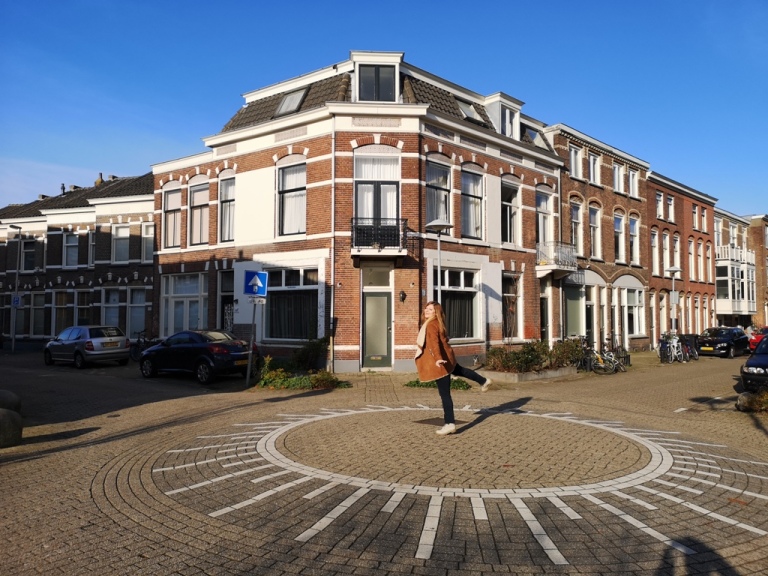
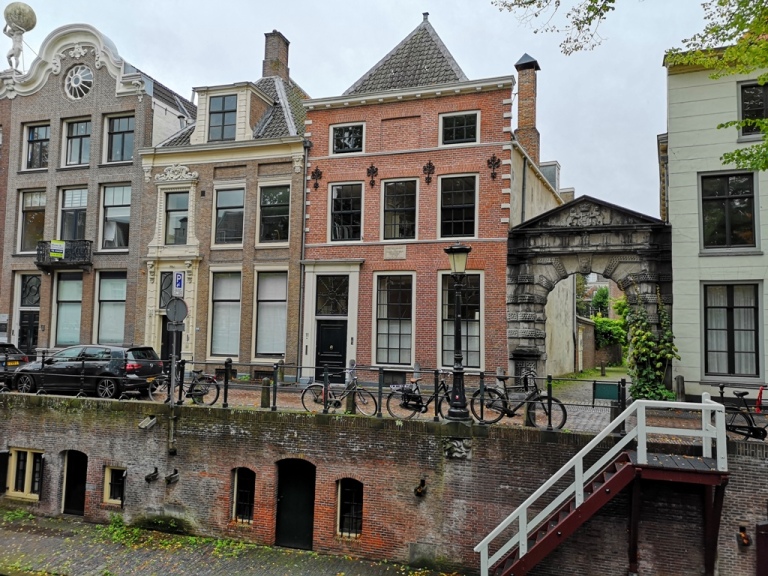
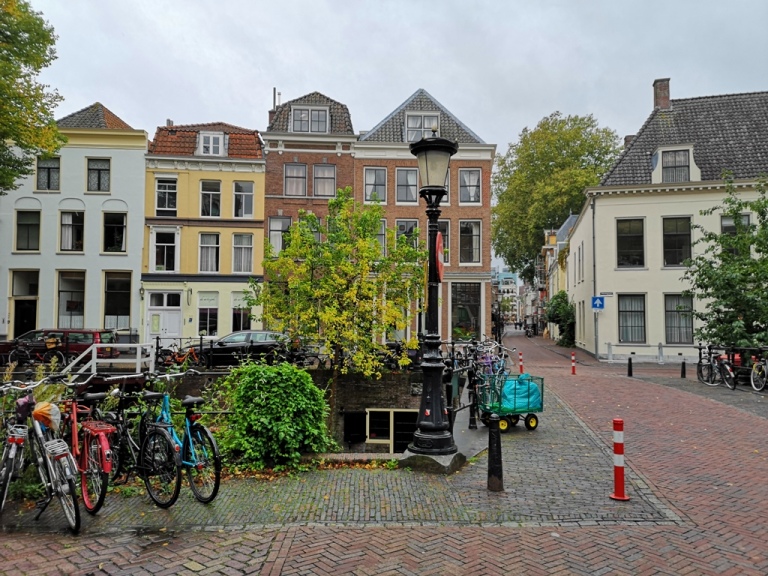
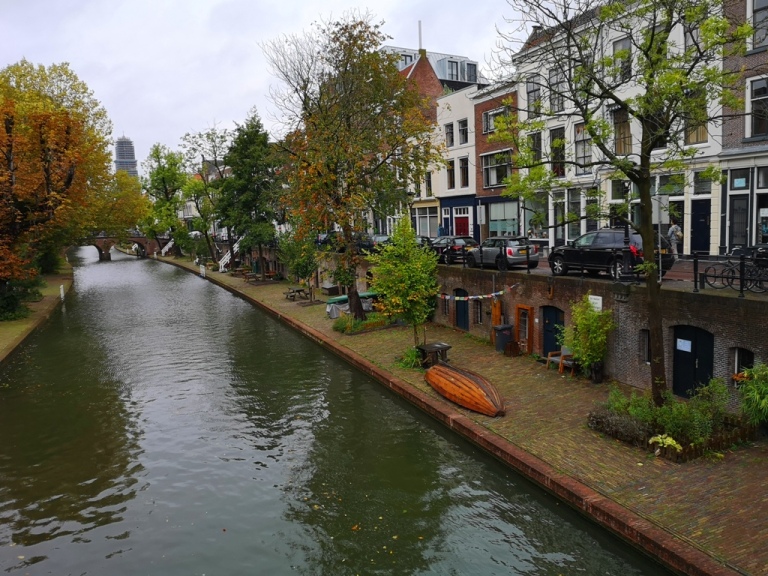
1. Find a job
Let’s start with the first thing that you have to do: get a job! 🙂
In most of the cases, getting the job will also help you check the remaining steps below. Many companies offer a relocation bonus, flight tickets for you and your partner and kids, temporary accomodation at a hotel for 2-4 weeks, assist you with tax exemption formalities, assign a relocation consultant, etc.
Fun fact: we were actually considering to move to the Netherlands without any job. It turns out that, even if that’s theoretically possible, you won’t be able to rent an apartment without a proof of income. If you weren’t recruited from abroad, you won’t benefit from the 30% tax exemption from your gross income when you’ll finally get a job. So being job-less is not really a good idea. It’s better that at least one of you gets a relocation package.

Now let’s move to the actual job searching part. We used linkedin.com and glassdoor.com. Get you resume in shape, prepare your letter of intent. This is mandatory if you want to have a chance, especially if you are applying from abroad. Besides stating your strenghts and why you apply for a specific position, explain shortly why you want to move to the Netherlands.
More importantly, be patient. Searching for a job abroad is not as easy as in your own country, simply because there is a whole lot of competition out there. It might take weeks, it might take months until you are a perfect match for a job. Just take your time.
Note that the salary is negociated in terms of gross per year. Always ask the employer if they will apply for the 30% ruling (step 2) for you.
Good luck! 🙂
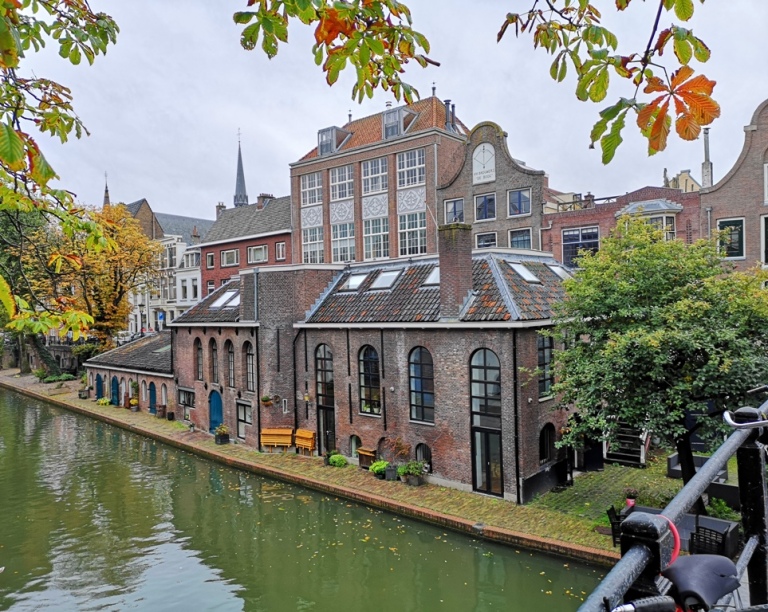
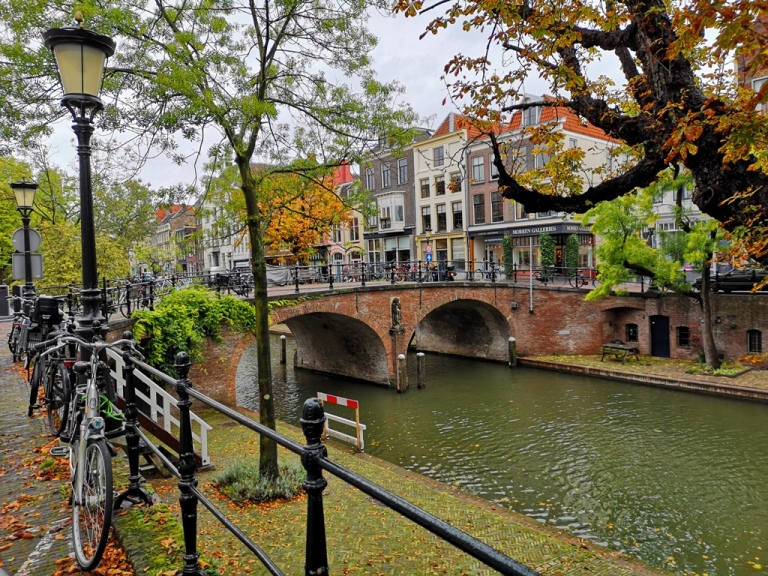
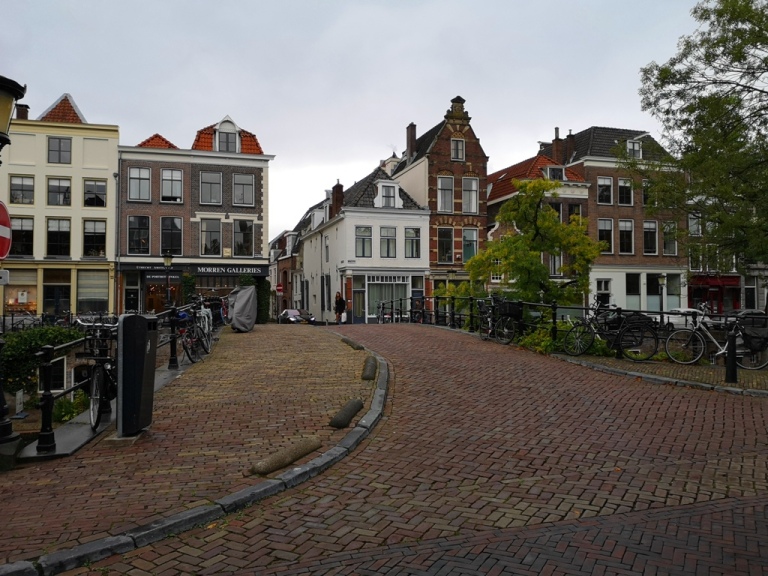
2. Apply for 30% ruling
This is a tax facility in the Netherlands for highly skilled migrants recruited from abroad. Basically, you don’t have to pay tax on up to 30% of your gross salary, for a period of 5 years. You can check the difference in net salary with this income calculator, by ticking “30% ruling” and filling in the gross annual salary. It’s a big advantage.
Only the company can apply for you (if you qualify), based on the proof that you lived elsewhere before starting the job in the Netherlands. Usually a bank extract or monthly bills are required, for the last 24 months.
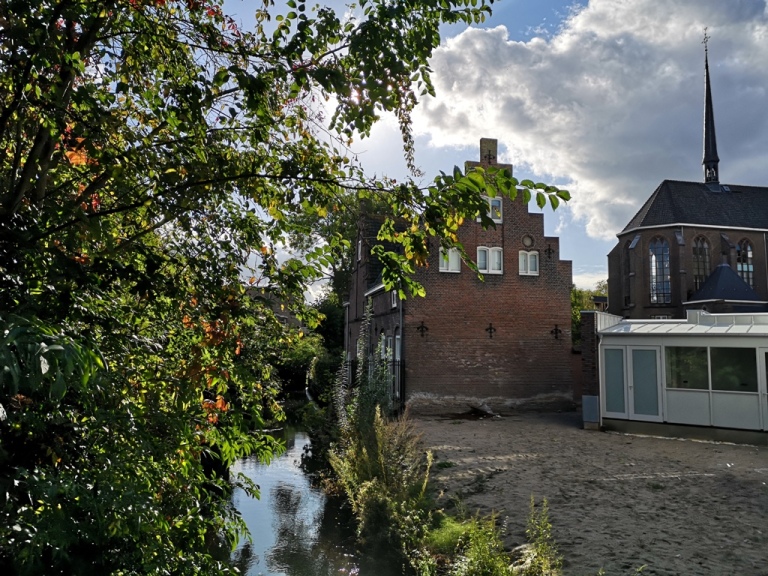
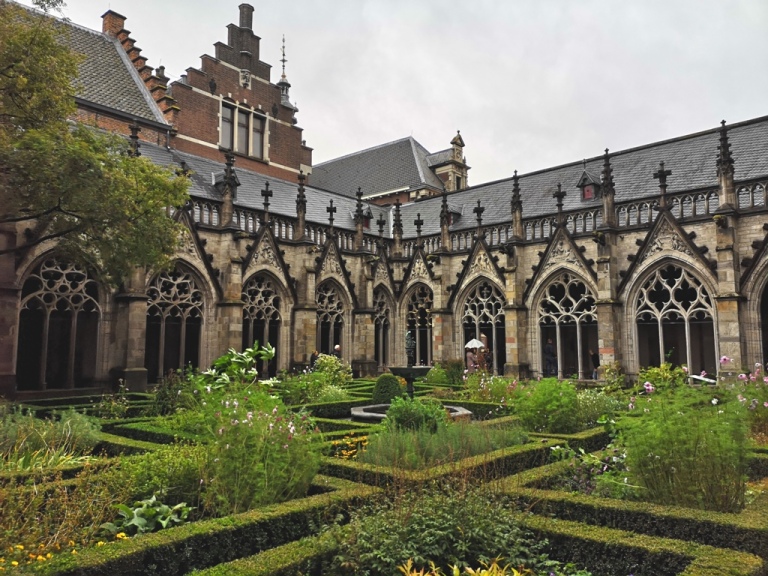
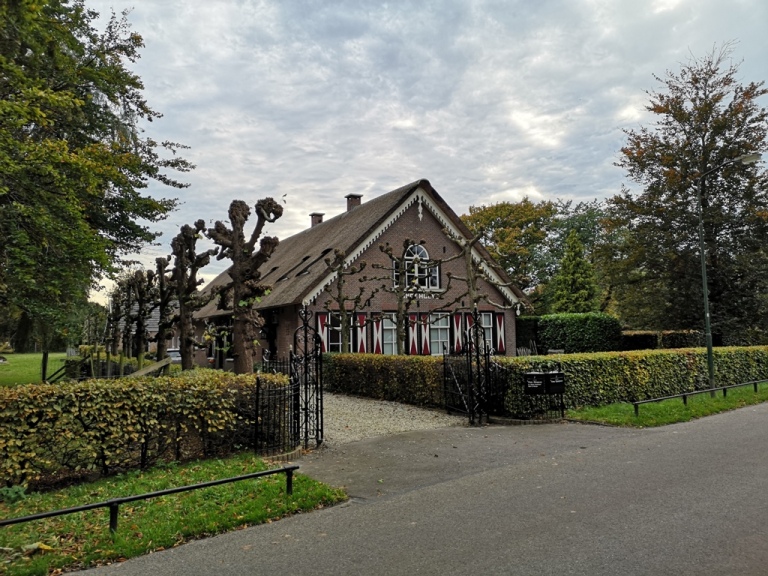
3. Prepare documents
Ok, so you found a job (yey!). It’s time to prepare your documents. These will be required on registration at the City Hall in the Netherlands (step 6).
If you have an old birth certificate/ marriage certificate, there are 2 options: get them translated and legalised, or apply for new international ones (or multilingual extracts). The international ones in 3 languages also require an apostille. The multilingual extracts do not.
We requested international birth certificates and multilingual extracts from the City Hall (Starea Civila) in the city we were born in. The apostille for the marriage certificate was obtained from the Prefecture (Prefectura Municipiului Bucuresti, Piata Presei Libere).
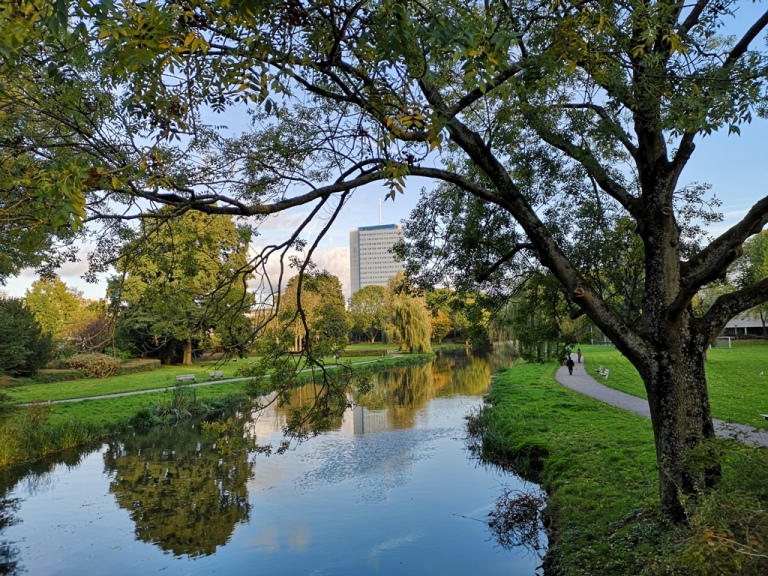
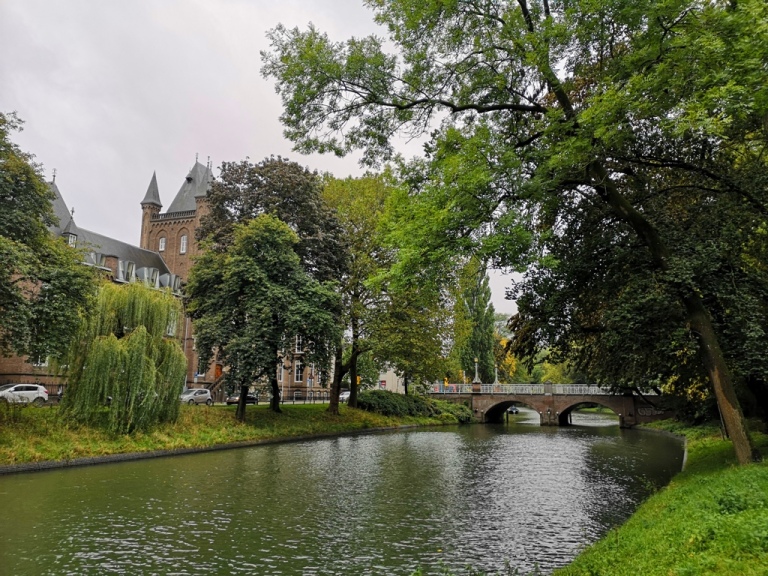
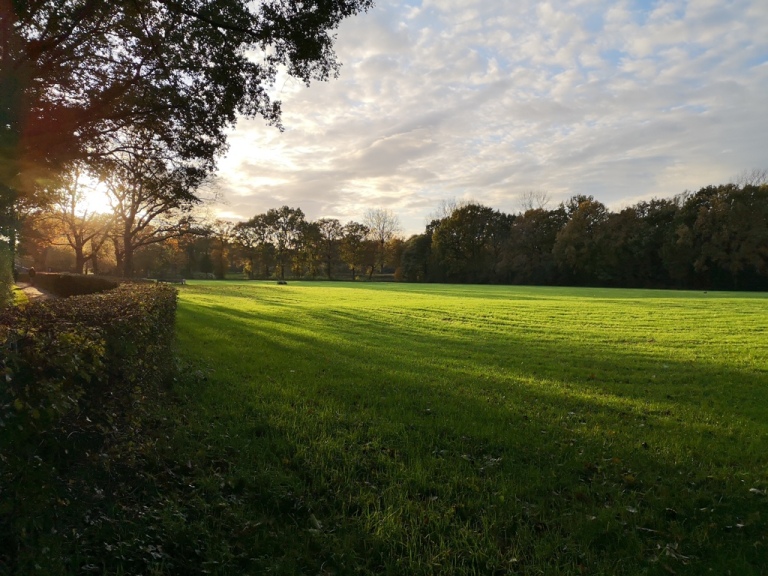
4. Pack your bags
As complicated as it may seem, we opted for the light version. Donated or recycled major part of our clothes and only packed a 23-kg trolley each! Plus a backpack for laptops and other small belongings.
After a few months, i can say it was the best decision for us. Weather in the Netherlands can be completely different from your home country, and most of your clothes/shoes may not be suited at all. You can return later and take one more trolley, after you really know what you need. Or ask somebody to ship some boxes at a later point in time. Besides, you can buy new stuff here.

5. Rent an apartment, apply for utilities
This can also be achieved before you leave, if you are lucky.
If you have a recommended or assigned agent, you can view the apartment and close the deal online. If not, funda.nl or pararius.nl will be your friends after you arrive in the Netherlands.
Some useful info:
- usually a deposit + 1 month’s rent are required in advance
- furnished apartments are harder to find
- you can be asked to apply for utilities (gas, electricity, internet&tv) yourself
Did i mention we were lucky? We had an agency recommendation, and found a place to rent before our arrival. They also applied for utilities in our name. Note that the utilities require a BSN (step 6) and a Dutch bank account (step 7) for direct debit. So you can only get this part done after arrival.
If you have no idea where to start, we happily recommend Interhouse.
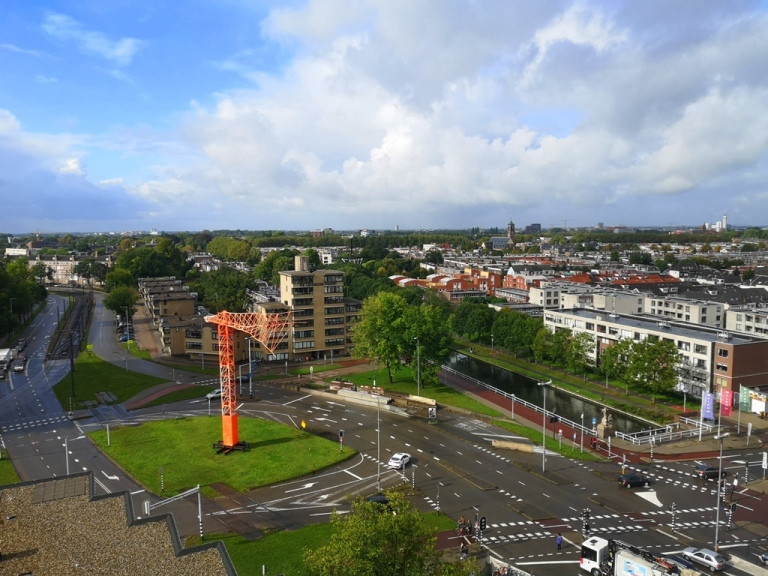
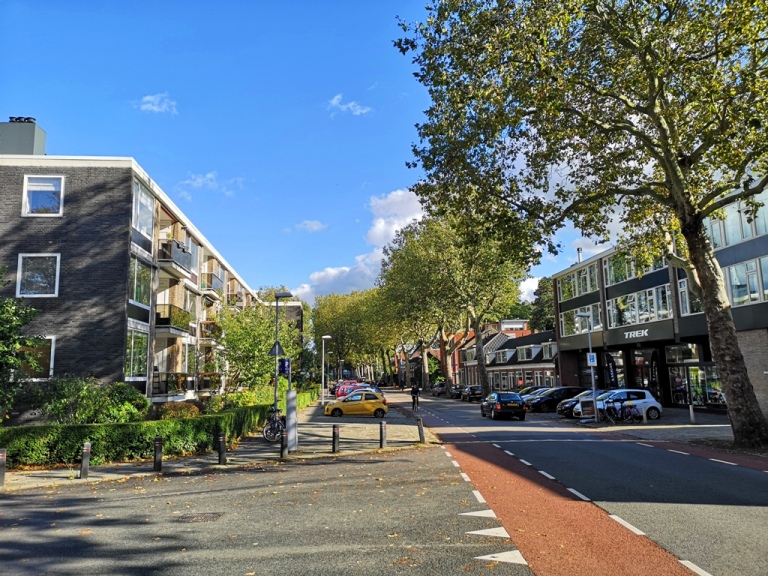
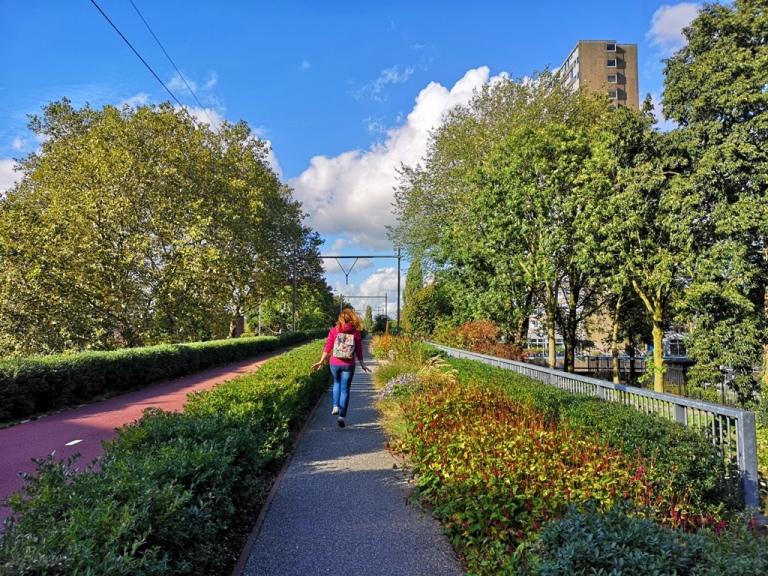
6. Register at City Hall (RNI + permanent)
Now let’s get to the first thing to do after arrival: registering at the City Hall. Obtaining a citizen service number (BSN) is the Holy Grail in the Netherlands, since you cannot do anything without it (eg. utilities from step 5 + steps 7, 8, 9).
A word of advice? Even if you don’t have a rental contract, make a temporary registration from the first day you arrive (RNI). This is intended for stays no longer than 3 months, and you get your BSN number on the spot. After you have a rental contract, make the permanent registration (immigration).
For Utrecht, find registration details here. Make an online appointment here.
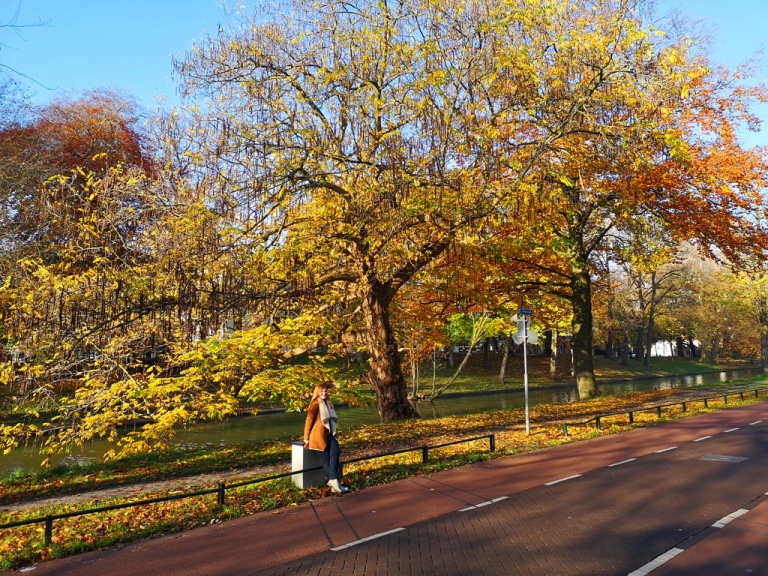
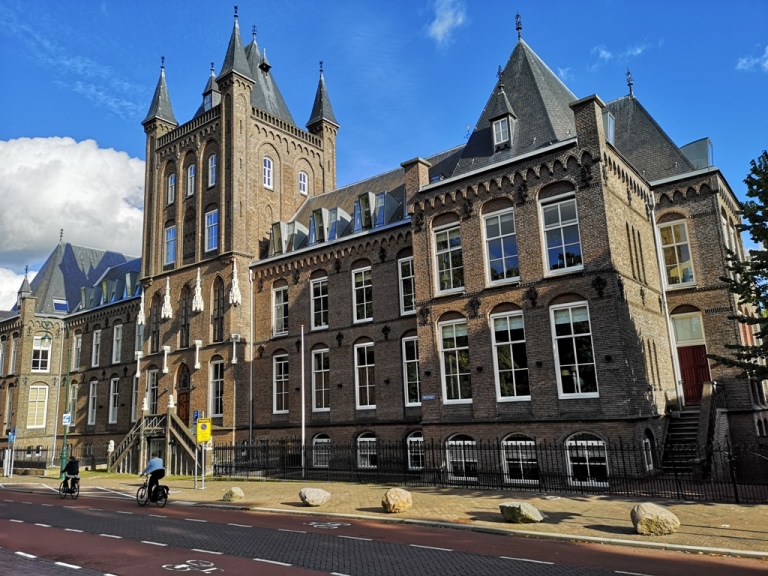
7. Open a bank account
We’re getting closer to settling in. Open a bank account as soon as you have your BSN and a permanent address.
ABN AMRO, ING and Rabobank are the three major banks in the Netherlands. Usually you need an appointment in advance in one of their offices. The debit card will be received by post in ~5 working days.
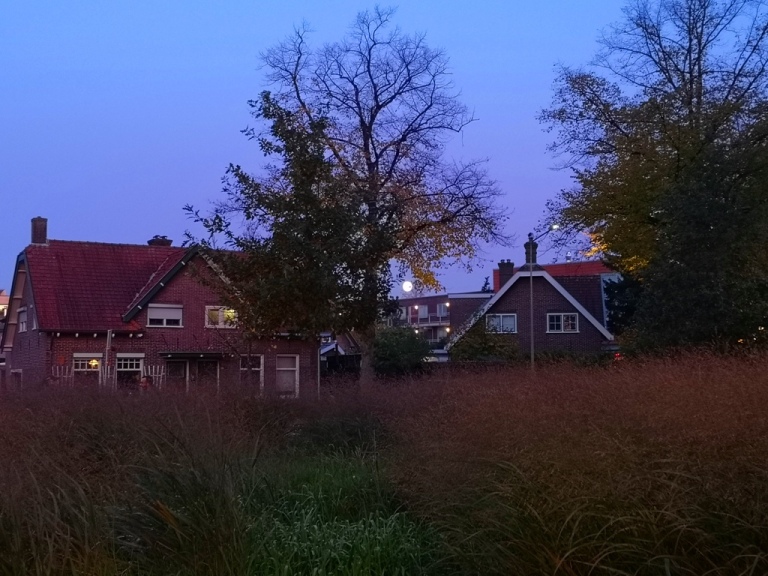
8. Buy OV-chipkaart (anonymous + personal)
You’ll need a transportation card, named OV-chipkaart. In your first days you can buy an anonymous one (7.5 EUR) and charge it in the train station. After you have your BSN and bank account, order online a personal OV-chipkaart.
If you travel a lot in the weekends or off-peak hours, you might find a 40% discount useful. Order a NS season ticket.
Any card, either anonymous or personal, can be linked to your account. Here you can find the remaining balance and the details of all your journeys.

9. Take health insurance, register at GP
Now let’s get to health matters. From the moment you register in the Netherlands, you have to pay health insurance, it’s mandatory. The cost for a basic package is ~100 EUR/month/person.
Here you can compare multiple providers. We opted for the “Basis Exclusief” package from Zilveren Kruis (100% reimbursement at any hospital and care providers).
The first point of contact in getting healthcare in the Netherlands is to register with a doctor (“huisarts” in Dutch), the general practitioner (GP). Find a GP in your neighbourhood and register online.
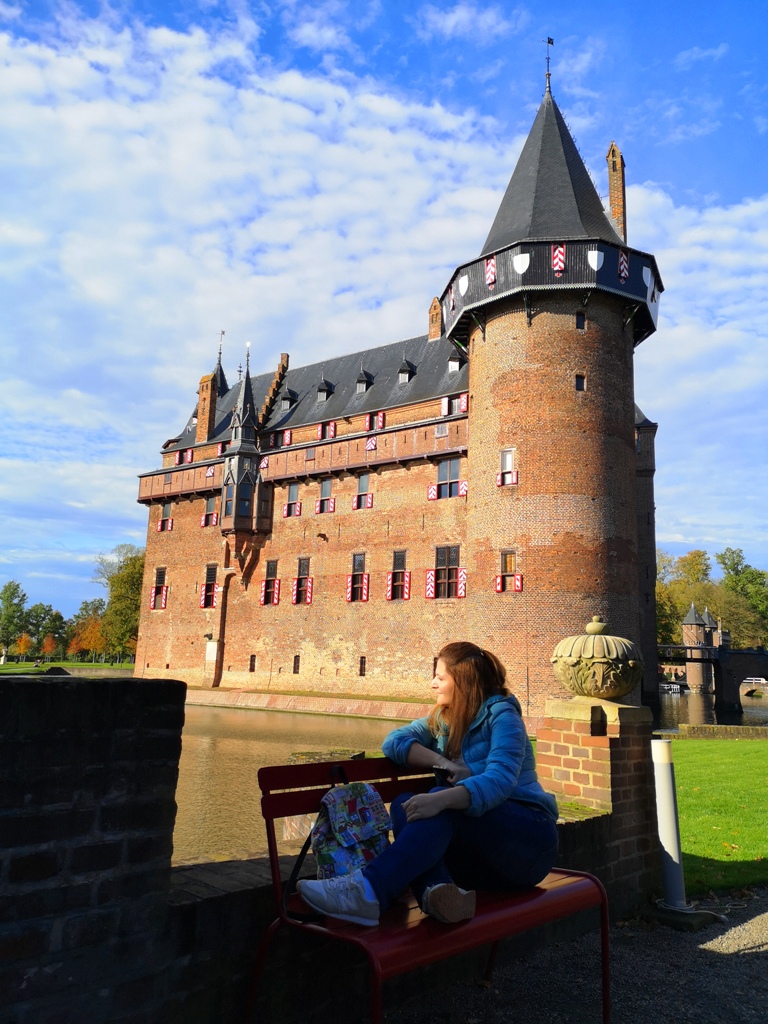
10. Buy a SIM card
If you’re coming from Europe, you should be able to use your previous phone number for a few months in roaming with no additional costs.
If you are here on long term, maybe you want a Dutch phone number. T-Mobile, Vodafone, KPN are just a few of the Dutch mobile providers.
Bonus: buy a Museum Card. This will give you free access for a year to 400+ museums in the Netherlands.
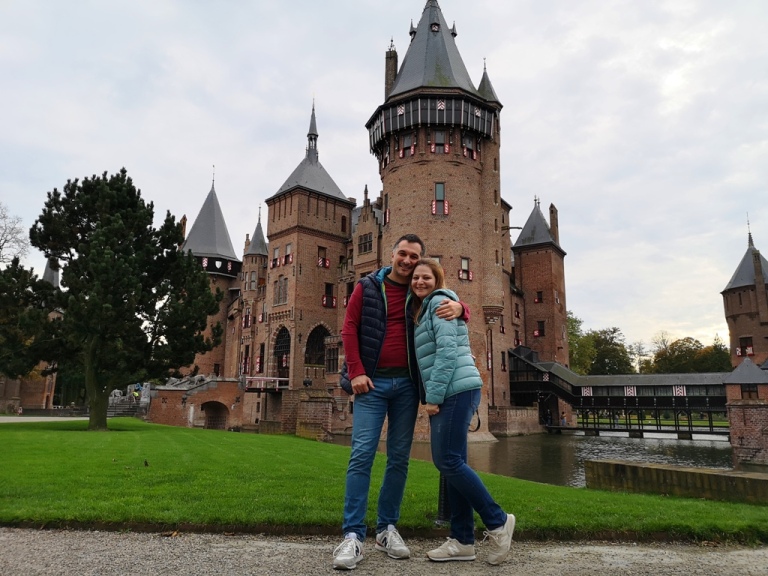
Cost of living
Before you make your decision, be informed of the costs of living in the Netherlands. Minimize the risk of being taken by surprise by unforseen expenses (eg. rent, childcare).
Here is an example of minimum monthly expenses for a couple (2 pers.). Add to this the extra costs: entertainment, transportation (commute to work is usually covered by employer, but you will surely take the train/bus/tram for traveling).
- Rent ~1400 EUR (furnished 2-bedrooms apartment, outside the city center)
- Utilities 150-200 EUR
- Groceries 500 EUR
- Lunch at work 100-120 EUR each
- Health Insurance ~125 EUR each
If you reached the end of the checklist, it means you are done! Welcome to the Netherlands. 😀
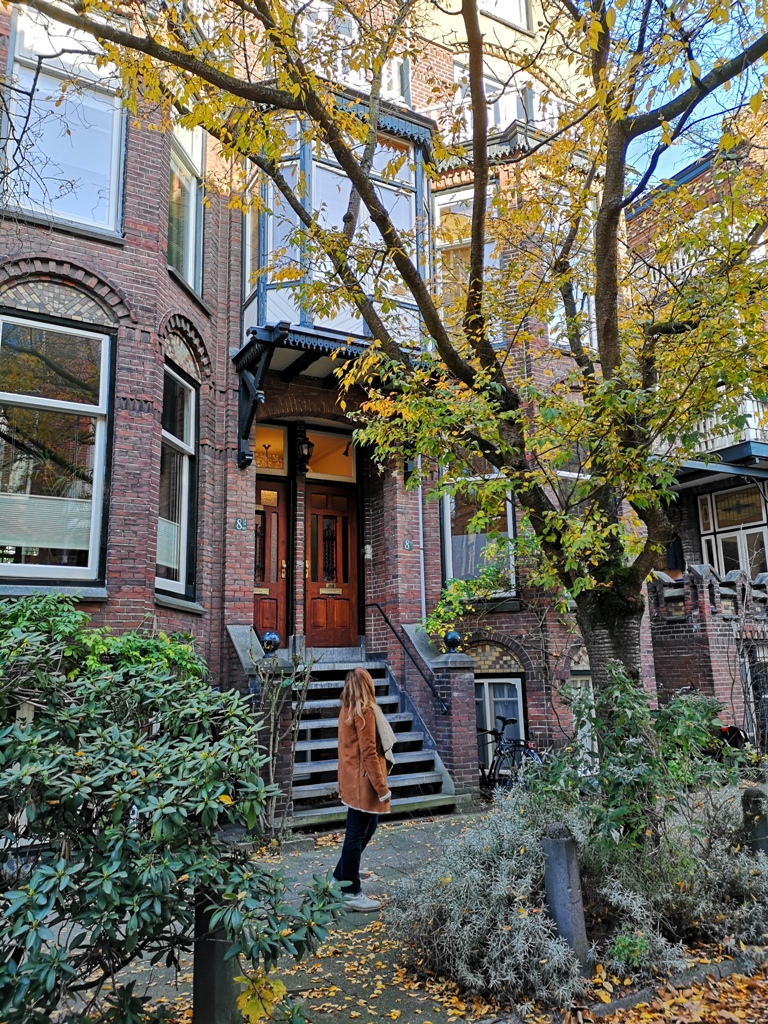
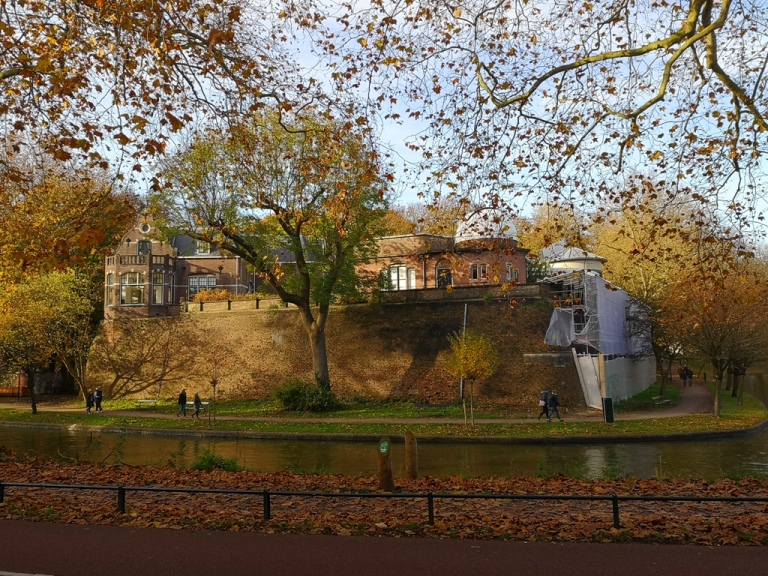

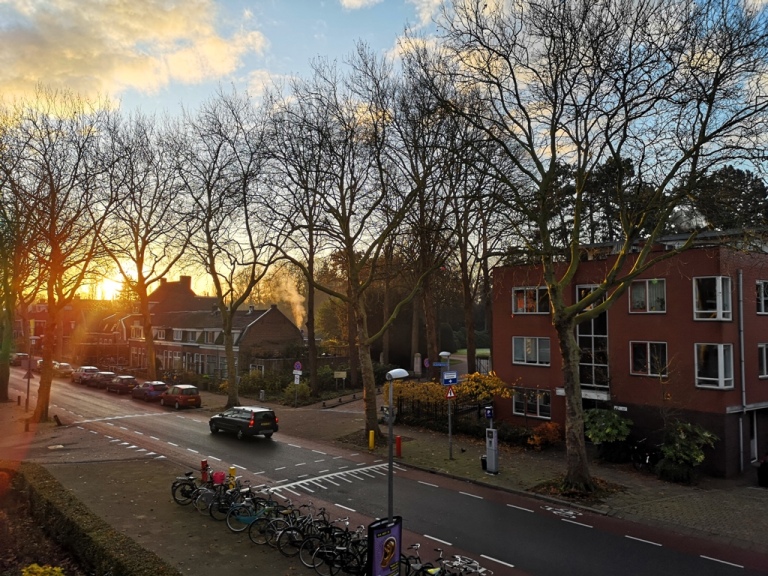
Happy travels and stay safe!


WOW!!! sunteti cei mai tari! va felicit pentru curajul si bucuria de care ati dat si dati dovada! Mult noroc in noua voastra viata! Pupici! Eliza
LikeLiked by 1 person
Heei, multumim, Eliza! De fapt cea mai stresanta perioada a fost luna de dinainte de plecare in Romania, cand nu stiam la ce sa ne asteptam. Cam asa cred ca e cu toate schimbarile, cel mai important e sa iei decizia, dupa aia totul vine natural :)) O sa revenim cu update-uri pe parcurs, sper sa fie de folos si altora articolele. 🤗 Puup! Si bafta cu tot ce iti propui! Anita
LikeLike
Congrats on the move to the Netherlands. I may be a bit biased as I’m Dutch, but I think you picked a great country to move to! Looking forward to reading more about your travels around and living in the Netherlands.
LikeLiked by 1 person
Heyy thanks a lot! 😁😁😁 Loving it so far! Actually we loved it since the first time we visited, but it’s really different to live here as a local. More updates will follow! 😍
LikeLiked by 1 person
Very useful advice! I moved to the Netherlands for about a year, and I found it quite hard to get things in order. Wish I had this a few years ago!
LikeLiked by 1 person
Awww thank you so much! 🤗🤗🤗 Indeed, it was all so chaotic in the first weeks, with everybody telling us that there is one more thing to do, and then one more and so on. Happy to help others with this post! How is it after 1 year? 😁
LikeLike